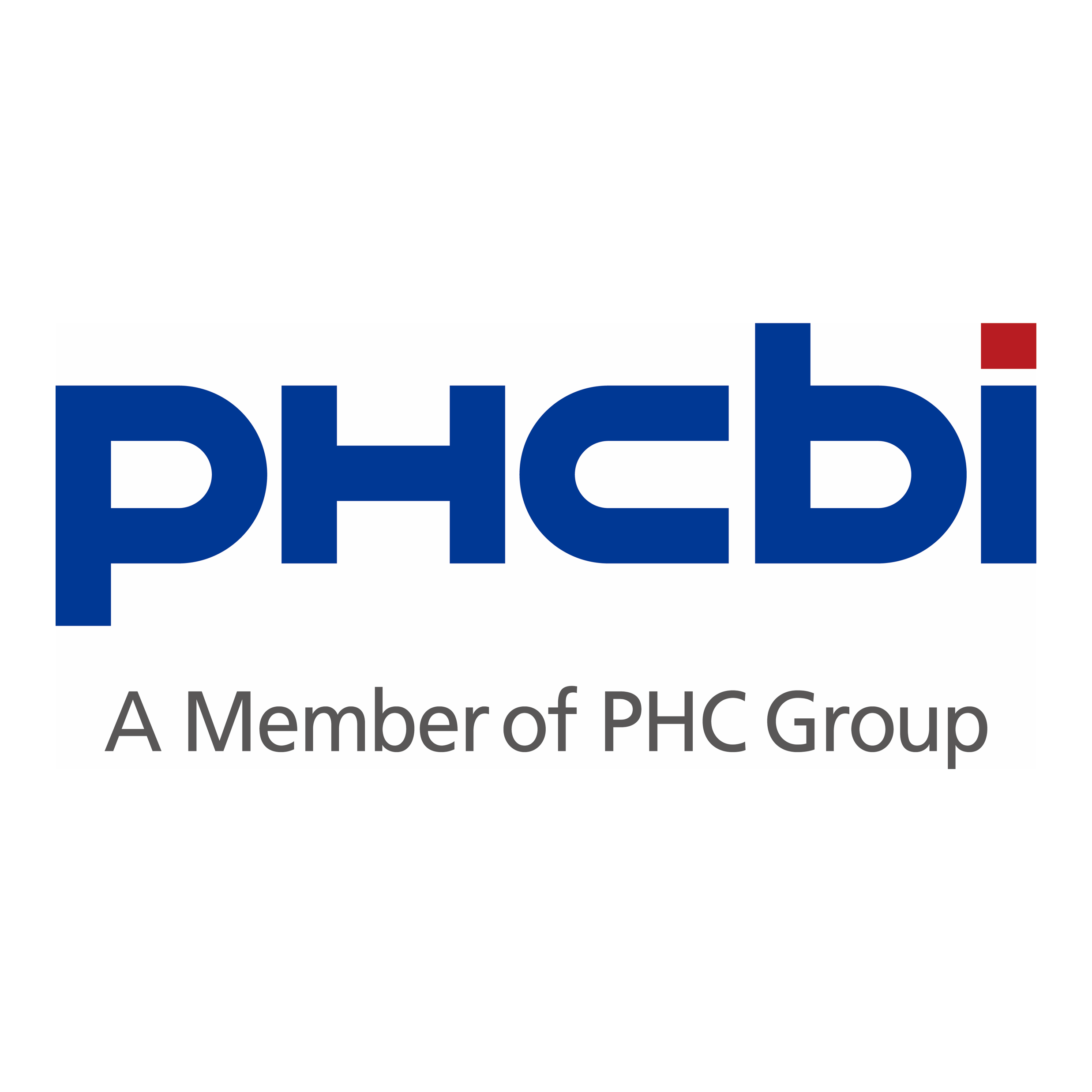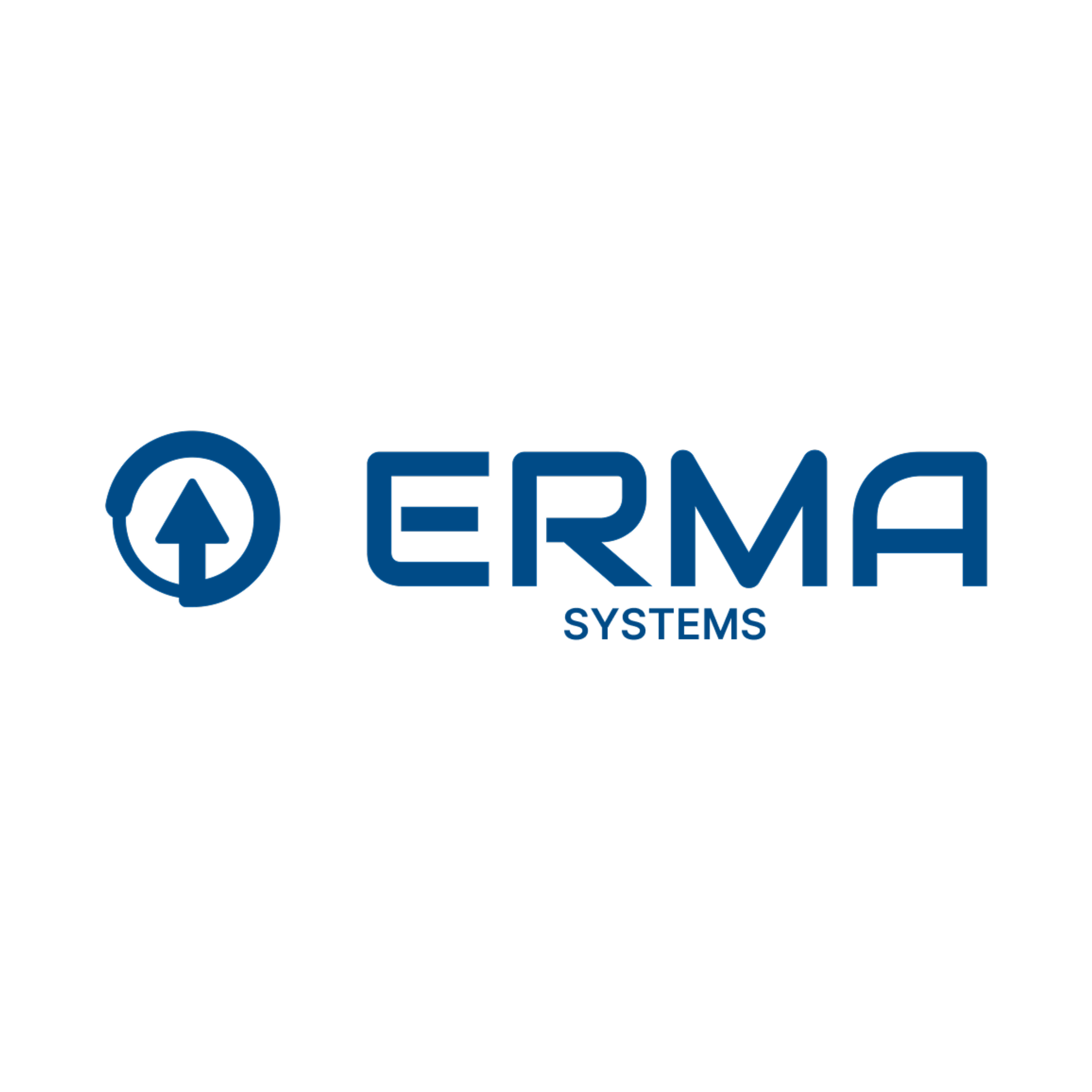Today, a brief rundown of news involving Astellas Pharma and Keros Therapeutics, as well as updates from Stealth Biotherapeutics, PepGen and Taysha Gene Therapies that you may have missed.
Keros Therapeutics will stop developing its top drug in pulmonary arterial hypertension and lay off 45% of its staff while evaluating its next strategic steps, the company said Thursday. Keros halted all dosing in a Phase 2 study of the therapy in January after observing instances of a type of dangerous fluid buildup in participants who’d received the drug, called cibotercept. It’ll now assess the “appropriate development strategy” for cibotercept as well as its other programs. The restructuring will leave the company with 85 full-time employees and save Keros about $17 million annually. — Ben Fidler
The Food and Drug Administration has rejected a drug Stealth Biotherapeutics developed for the rare disease Barth syndrome, but gave the company a path to secure an accelerated approval. The FDA had delayed a verdict on the drug, elamipretide, missed an approval deadline in April and formally turned it back this month. Stealth said Thursday, though, that the agency has agreed to consider the drug’s effects on muscle strength as an “intermediate clinical endpoint” that could support a speedy approval. Stealth accrued that data already and intends to submit it as part of a new application. It will cut its workforce by 30%, however, to conserve cash ahead of the review. — Ben Fidler
PepGen will end all ongoing research into Duchenne muscular dystrophy after an experimental oligonucleotide drug it developed wasn’t as potent in early-stage testing as the company had anticipated. Instead, PepGen will focus resources on an experimental treatment for myotonic dystrophy type 1 that should produce Phase 2 study results early next year. In a research note, Stifel analyst Paul Matteis wrote that while the move is “disappointing,” investors had largely written off the Duchenne drug because of lackluster earlier results and safety issues that slowed testing. In myotonic dystrophy, “there are reasons to remain at least somewhat optimistic,” as initial study data were “promising.” PepGen has lost most of its market value since going public in 2022. — Ben Fidler
Taysha Gene Therapies has aligned with the FDA on the design of a study that could support approval of a gene therapy it’s testing against the rare disease Rett Syndrome. That study is a single-arm, open-label trial that will include about 15 people and will assess the therapy’s ability to help participants meet certain developmental milestones over the course of a year, with a potential interim analysis occurring after six months. The company also priced a stock offering expected to raise about $200 million in gross proceeds. Taysha will start the study in the third quarter. — Ben Fidler
Astellas Pharma said it is paying China-based Evopoint Biosciences $130 million up front for most development and commercial rights outside of China to an antibody-drug conjugate targeting a protein called Claudin 18.2 to treat cancer. The deal promises additional payments of more than $1 billion if the drug, called XNW27011, hits certain milestones, as well as potential commercial royalties. Astellas has already gained FDA approval for a Claudin 18.2-targeting drug called Vyloy, the first drug in its class, and has another in development. Claudin 18.2 has gained interest from other big drugmakers, although medicines in development have experienced recent setbacks.— Jonathan Gardner














